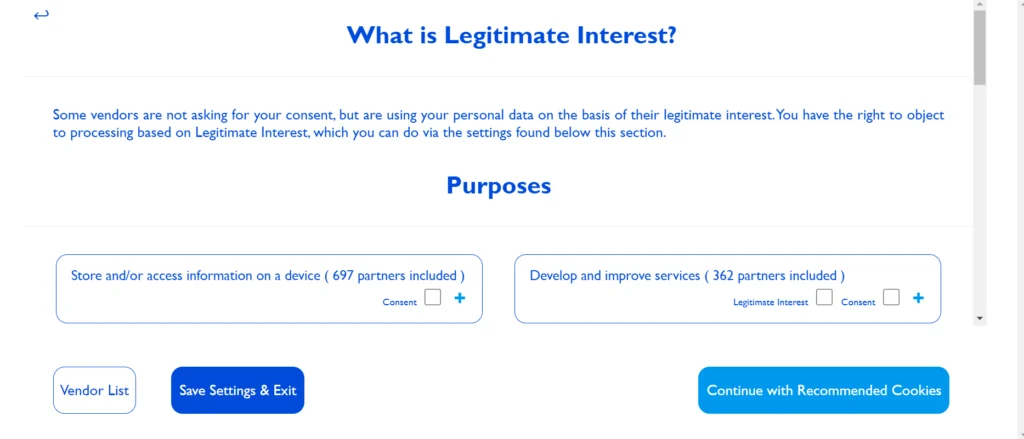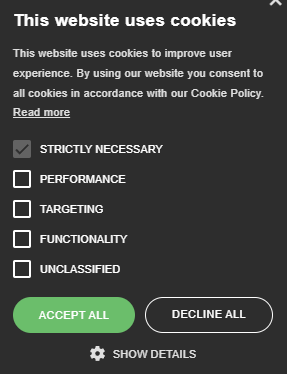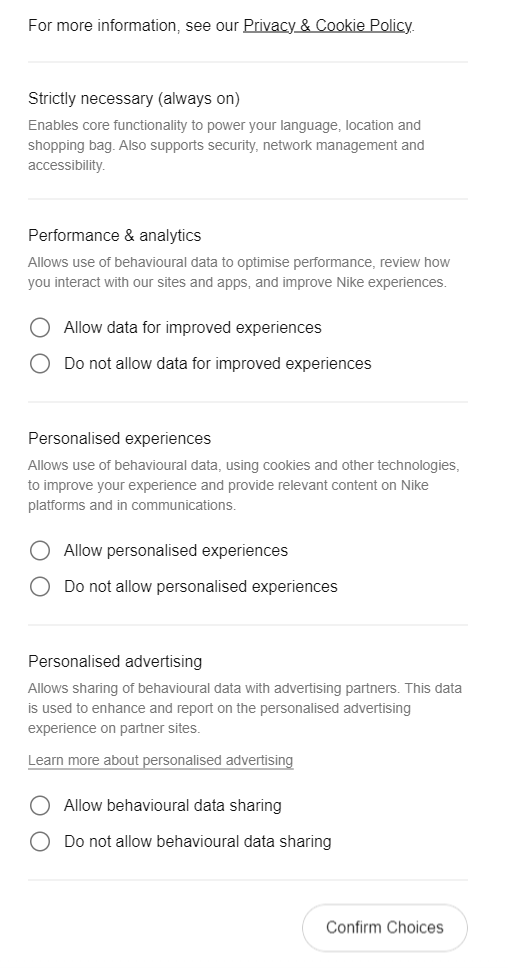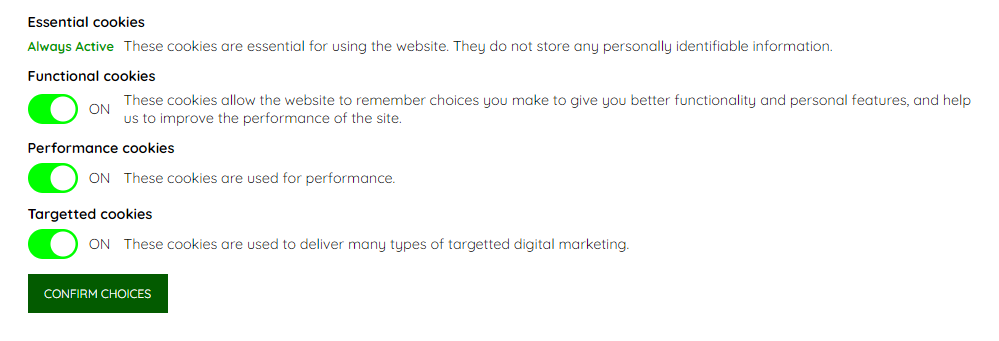GDPR and Cookies
While GDPR does not specifically focus on cookies, it significantly impacts their use by emphasizing data protection principles and user consent. Key requirements include:
- Informed Consent: Users must be informed about the use of cookies and provide explicit consent before cookies are placed on their devices.
- Transparency: Clear information about the types of cookies used, their purposes, and how users can manage or withdraw consent.
- Data Protection: Ensuring that any data collected through cookies is protected and processed in accordance with GDPR standards.























